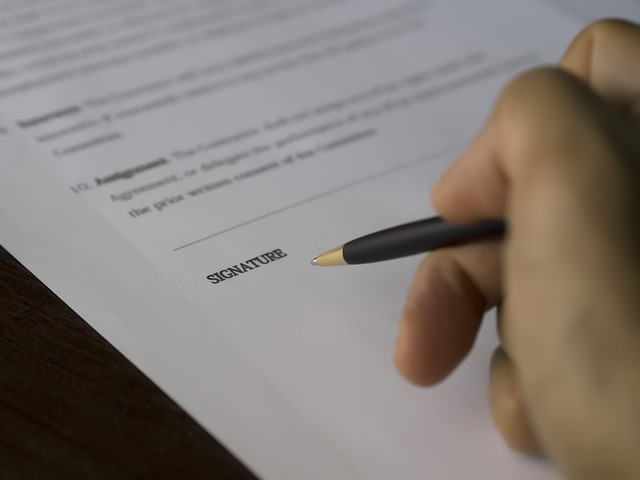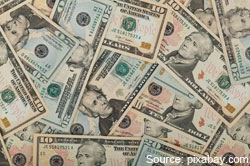 The apartment hunting process can be exciting and daunting, it can be a chaotic time in just about anyone's life. Once you find your apartment though, you'll know right away, and the next step is taking care of all of the apartment rental paperwork involved.
The apartment hunting process can be exciting and daunting, it can be a chaotic time in just about anyone's life. Once you find your apartment though, you'll know right away, and the next step is taking care of all of the apartment rental paperwork involved.
Renting an apartment is an involved process and the owner landlord of the apartment will need to see some documents before you sign, such as proof of identity, credit score, and a few other documents that can prove that you're financially stable enough to rent.
Before you start apartment hunting
Finding an apartment to rent can sometimes be a long and frustrating process, however once you do find that place that's perfect for you, things can move pretty quickly.
In major cities there is often a lot of competition for available apartments in popular areas of the city, so when you find the apartment you want, the last thing you want to do is delay the process any longer and allow someone else to jump in and take the place from under you. Which is why getting a handle on what documents you need to rent before your search is helpful.
Although the specific rental documents you'll need before your rental application is approved will vary, here is a list of the most important things that you should have prepared and ready to go before you begin the search for your apartment:
-
Photo ID - If you have a driver's license, this will usually be enough and you won't have to worry about having it on you, since you most likely carry it at all times anyway. If you are a student and will be renting an apartment for school, be prepared to have a copy of your transcript in addition to your school ID, as proof of enrollment.
-
Recent bank statements - The landlord will need to see that you have sufficient funds to be able to cover your rent each month, so bank statements are usually necessary.
-
Pay stubs - This goes along with the previously mentioned bank statements, in that the landlord or owner will want to see that you are gainfully employed and will be able to have the financial backing to make your monthly rent payments.
-
Employment letter - In addition to your pay stubs, you may need to provide an employment letter stating how long you've been employed at your current job. The letter may have to be signed by your supervisor or manager, depending on what is requested by the management company of your apartment building.
-
Tax returns - Much like your bank statements, your landlord may request your most recent tax returns as further proof of your financial history. You will usually only need to provide your most recent tax return, however sometimes you will be asked for your last two years, so have both prepared and ready to go, just in case.
-
Past rental history - This is only applicable if you've rented before, if this is your first time renting an apartment, you won't have to worry about it. However, if you have rented before, you'll usually have to provide a phone number or other form of contact information for your previous landlord so that the management company can obtain a recommendation.
How important is your credit score?
 In many major cities where available apartments are in high demand and there is a lot of competition for good apartments, credit checks are important and a vital part of the apartment renting process.
In many major cities where available apartments are in high demand and there is a lot of competition for good apartments, credit checks are important and a vital part of the apartment renting process.
A bad credit score does not necessarily mean you won't be able to rent an apartment, but it may make things a lot more difficult and there may be extra hoops for you to jump through. If you have a co-signer with excellent credit on the rental lease with you, then you shouldn't have a problem.
Most rental management companies will perform a credit check when you apply for the apartment, so it's best that you check your own credit score before you start looking. That way, you'll be able to see if there are any inaccuracies on your report and address them.
Security deposit and first month's rent
In addition to the paperwork and financial documents required when you're ready to apply for a rental, you will need to come up with some money as well when you sign the lease.
Typically, you'll need at least the first month's rent payment, your security deposit, which is usually equal to one or one and half month's rent, and a broker fee if applicable.
For example, if you are renting an apartment for $1,500 per month, you'll need to provide $1,500 for the first month's rent and at least $1,500 for the security deposit, which means you'll need $3,000 ready to go on the day you sign the lease, and that's without a broker fee. If you used a broker, you'll need to add to consider that amount as well. Often it is a percentage of the rent or a full month's rent.
Something to remember is that a personal check is generally not accepted for these payments, so the funds must be readily available for a cashier's check. Lastly, you may have to split the checks into different amounts depending on the agreement with your landlord and the rental brokers, so be sure to double check what is needed.